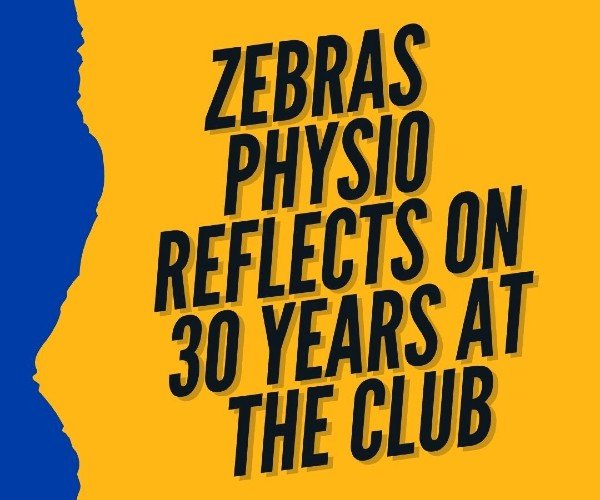Mastitis Treatment Melbourne – Ultrasound Therapy & Lymphatic Drainage
Mastitis is a typical inflammatory breast condition breastfeeding women can encounter. It may be due to an infection (infective mastitis) or not (non-infective mastitis).
How Physiotherapy Can Help
At Sandringham Sports Physiotherapy, some physiotherapists are trained to help effectively treat mastitis.
Lymphatic Drainage Techniques
They can perform and teach you lymphatic drainage techniques which can help reduce swelling and inflammation. They can also show you how to mobilise breast tissue to help prevent future blockages (resulting in milk stasis) from occurring.
Ultrasound Therapy
They also provide therapeutic ultrasound which may help provide fast pain relief from mastitis symptoms by attempting to break down blockages in the milk ducts.
Common Causes
Mastitis has two main causes:
- Milk stasis, where breastmilk is not flowing freely through the milk ducts, can occur when breastmilk is not removed well or often enough from the breast resulting in it banking up in the milk ducts. This effect can result in milk products seeping from the milk ducts into the surrounding breast tissue causing inflammation.
- Infection is most commonly due to a bacterium called Staphylococcus aureus.
Milk stasis is usually the primary cause of mastitis, and it may or may not accompany with (or progress to) infection.
Signs and symptoms
- Generally feeling unwell
- Breast pain
- Breast redness
- Fever
- Fatigue
- Muscle aches
Treatment
- Rest as much as you can.
- Prioritise feeding from the affected breast over the non-affected breast.
- Apply heat to the unaffected parts of the breast for up to a few minutes before feeds as this can help the milk flow more smoothly.
- Apply ice to the breast for about 15 minutes after feeds to help reduce inflammation and pain.
- Non-steroidal anti-inflammatory (NSAIDs) medication. NSAIDs such as Ibuprofen are generally safe to take when breastfeeding and can help reduce inflammation in the breast. Check with a pharmacist or doctor if you’re not sure you can take NSAIDs.
- Based on the clinical picture, if a doctor determines the mastitis to be infective, antibiotics can be prescribed.
Consultations
Contact us at (03) 9880 2337 to make a booking with one of our physiotherapists trained in mastitis treatment.
Lactation Consultants
Removing milk well and often is important to help prevent and treat mastitis. Lactation consultants can help ensure this happens. For example, they can check to ensure your baby is being positioned and attached well for breastfeeds. Optimal positioning and attachment is an important aspect to help ensure milk is removed well and also to help prevent nipple damage which increases the risk of infective mastitis.



